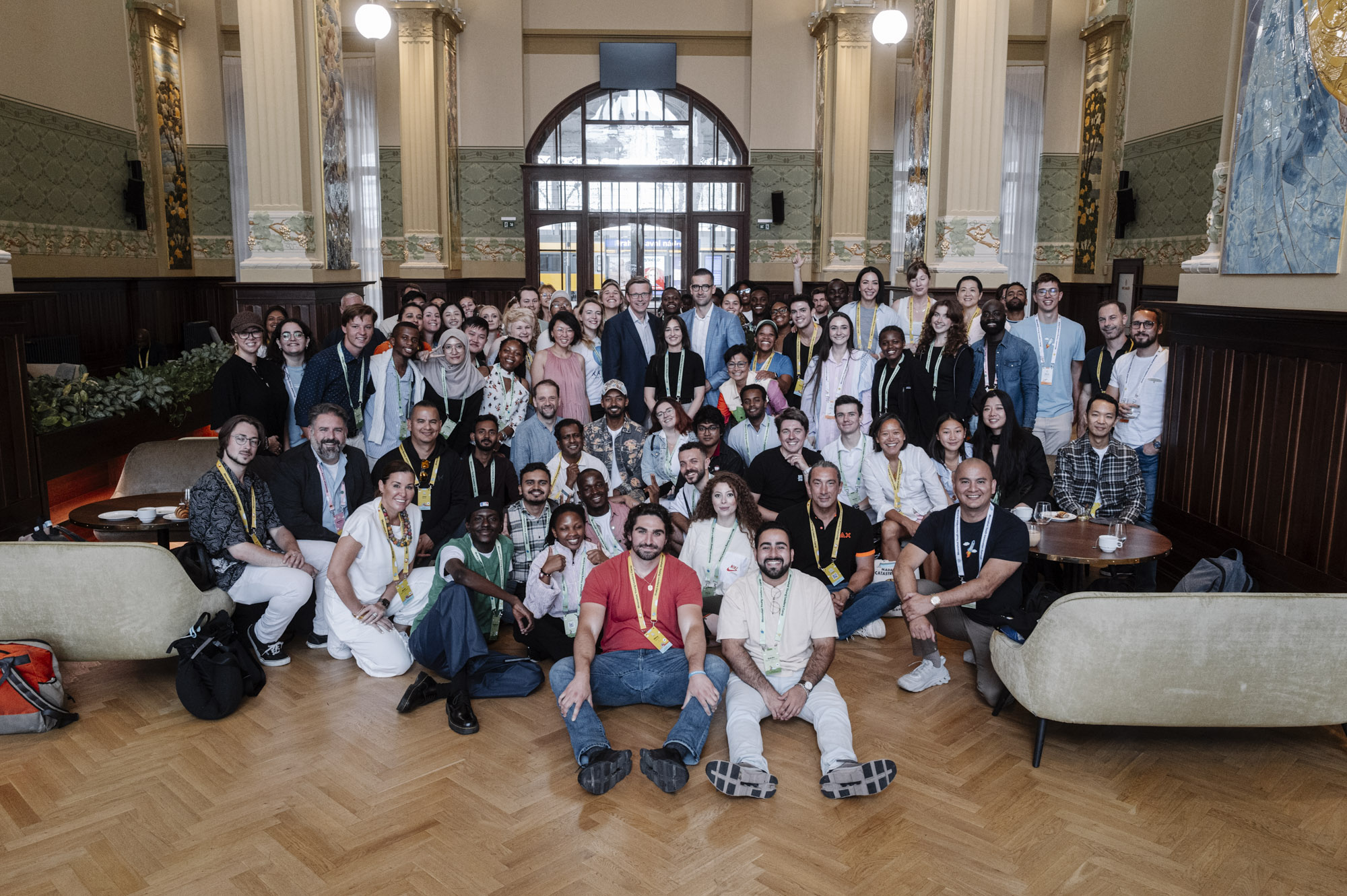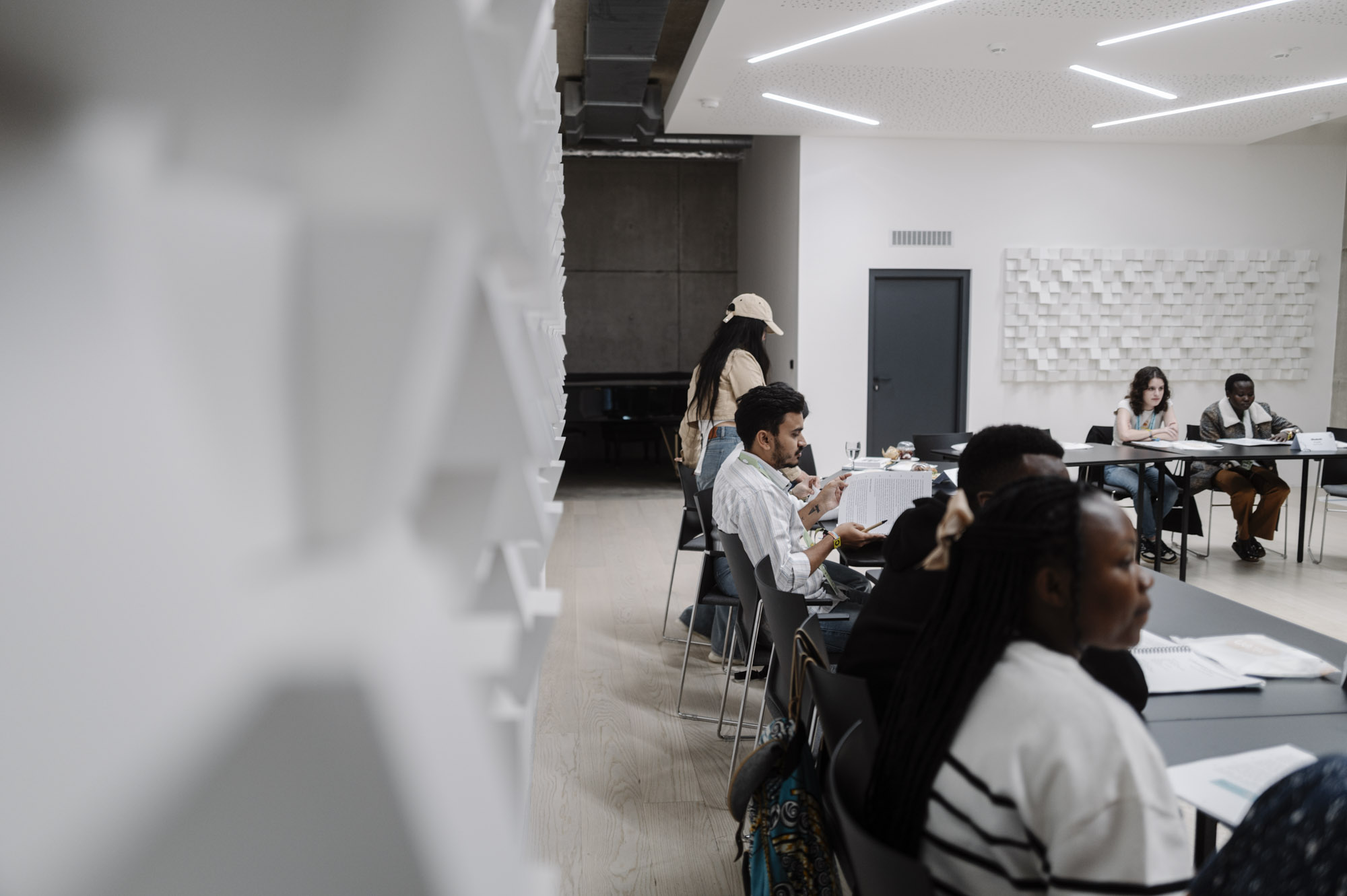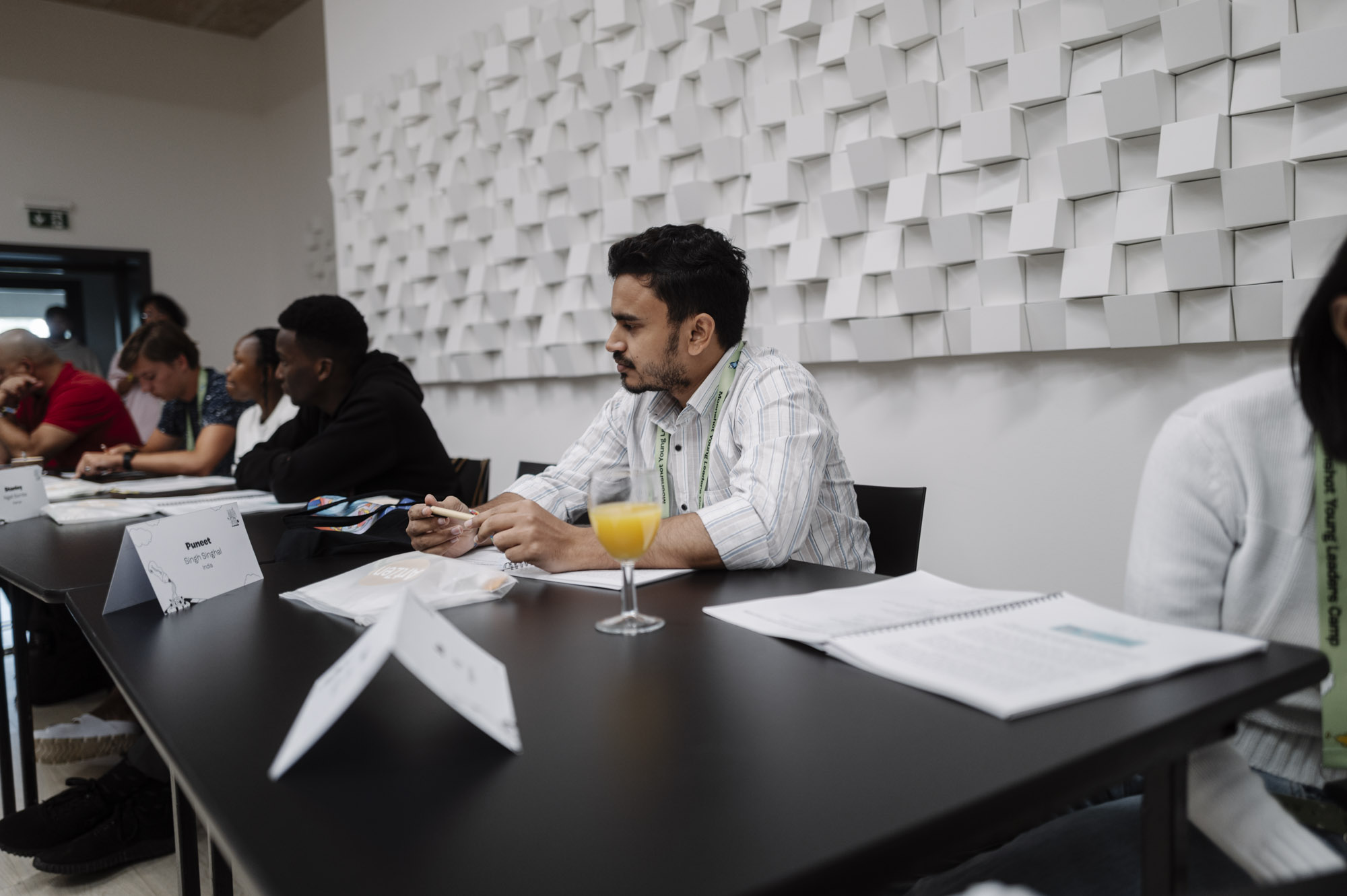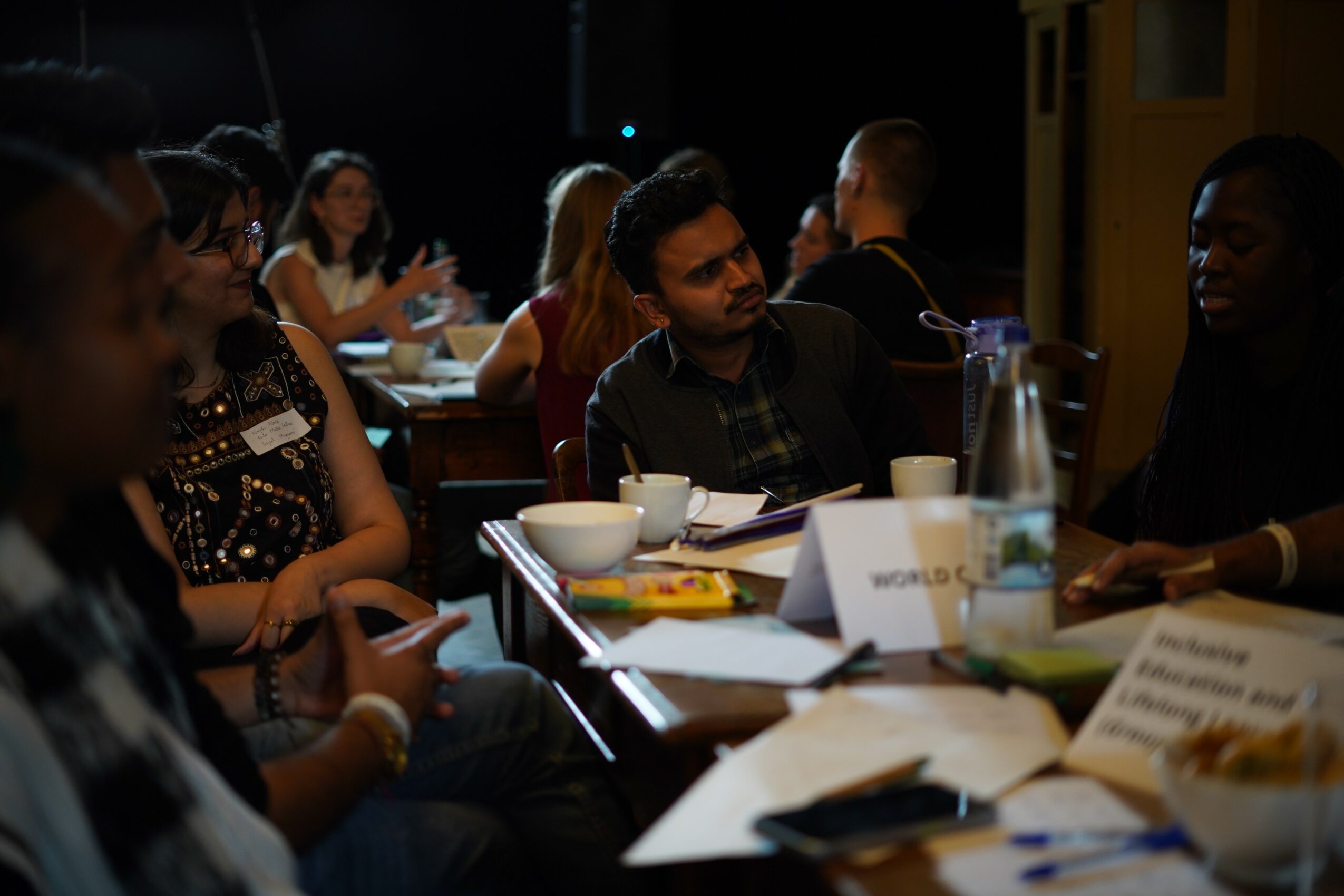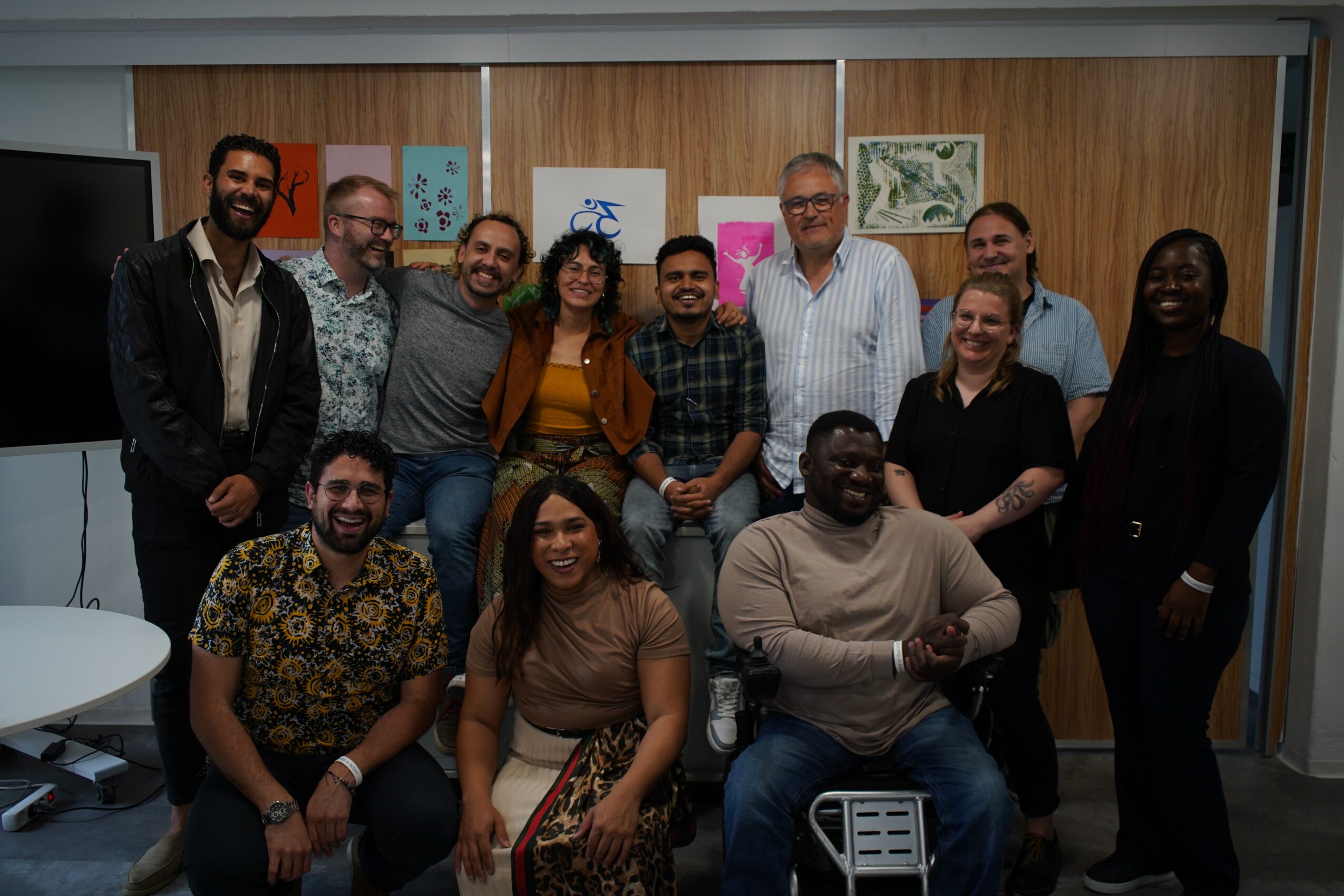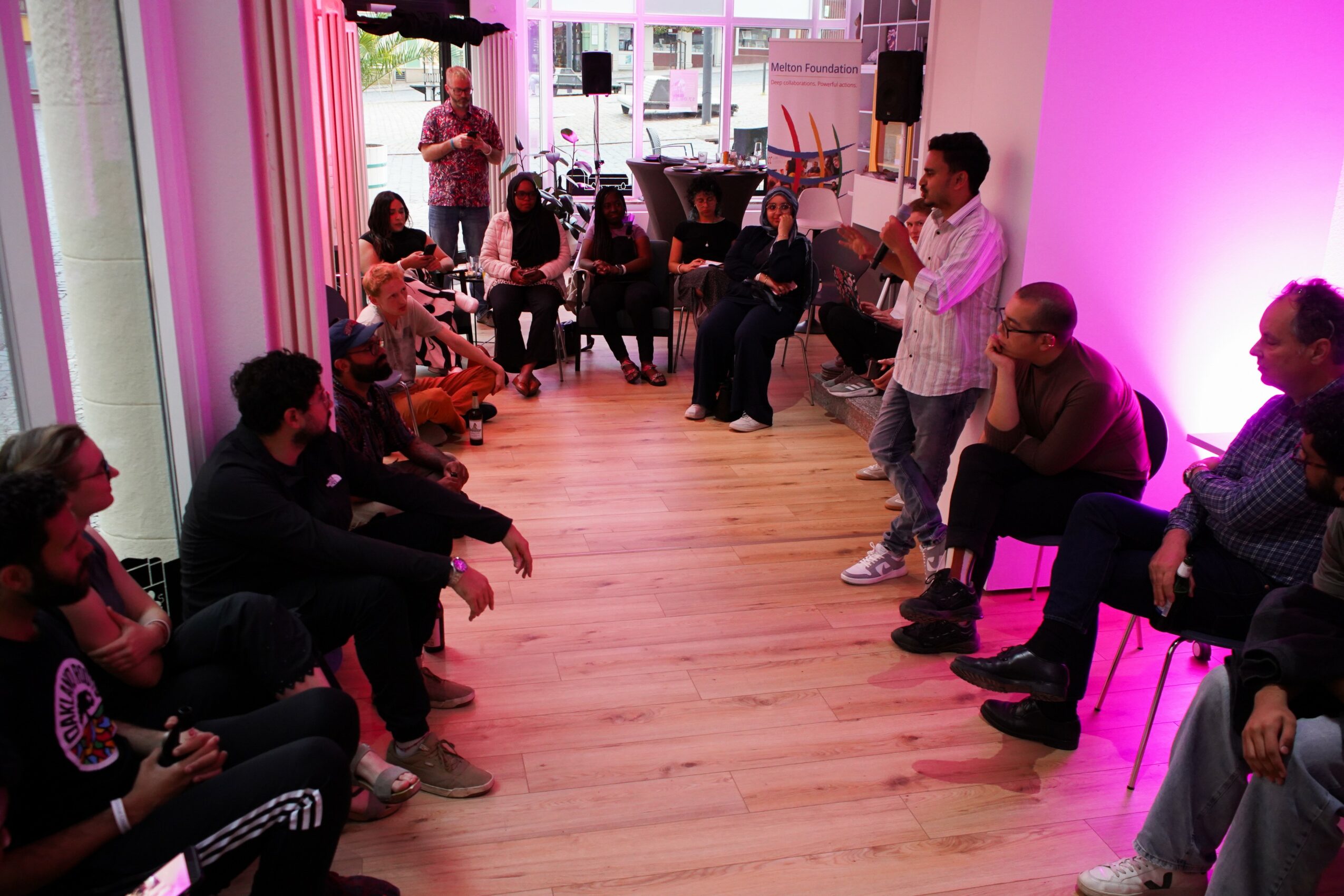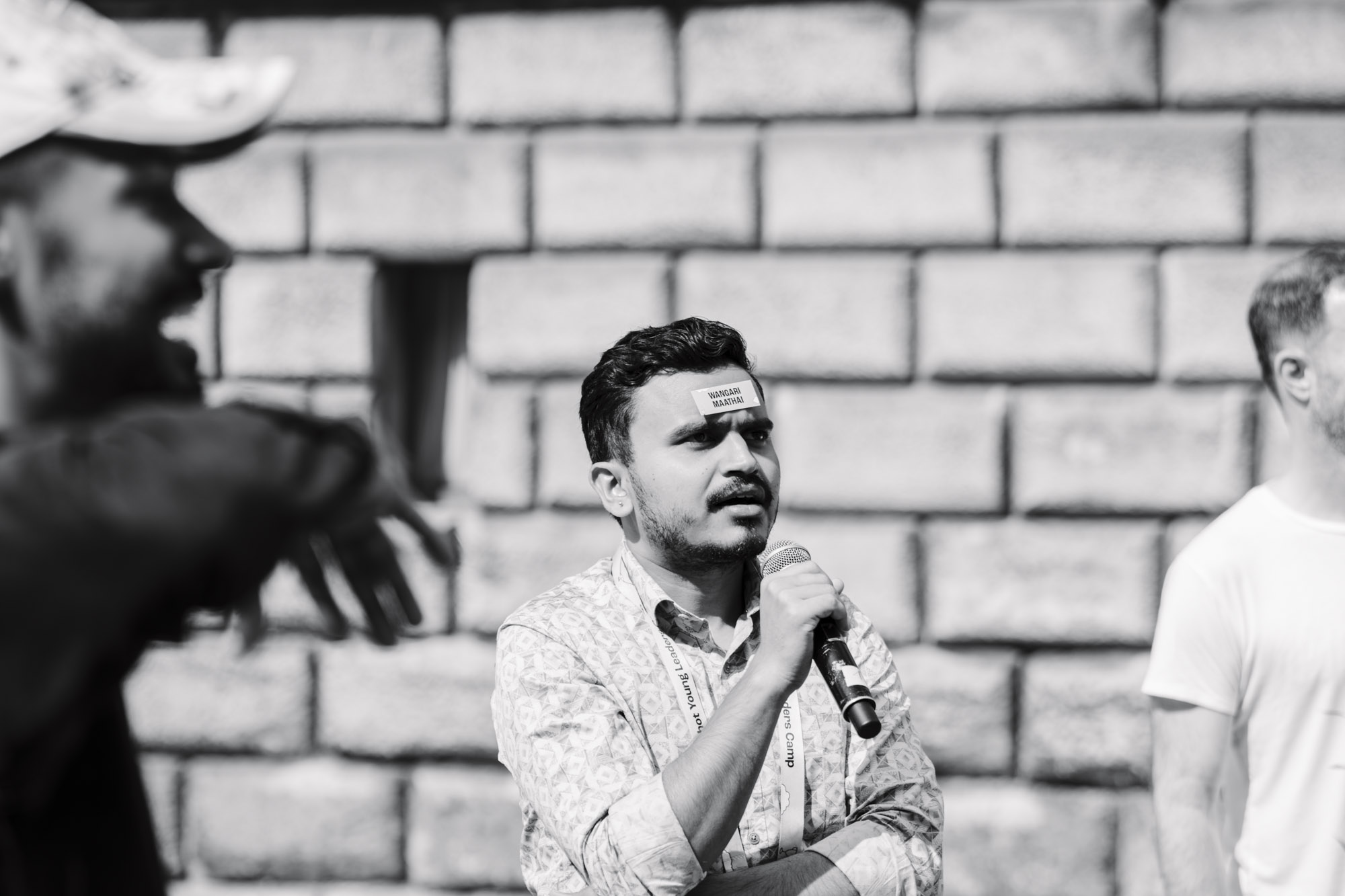

We’re looking forward to introducing you to Puneet Singh Singhal. Check out our conversation below.
Puneet Singh , a huge thanks to you for investing the time to share your wisdom with those who are seeking it. We think it’s so important for us to share stories with our neighbors, friends and community because knowledge multiples when we share with each other. Let’s jump in: Who are you learning from right now?
I am learning from my failures actively.
Can you briefly introduce yourself and share what makes you or your brand unique?
Hello, I’m Puneet Singh Singhal. I was born in a Delhi village and grew up as a person with non-apparent disabilities like dyslexia, dyspraxia, and stammering both a caregiver to my mother. Those early struggles shaped my journey into activism. Today, I lead Green Disability, a global community exploring the intersection of disability, neurodiversity, chronic illness, ageing, gender, and climate change. With over 1,200 members and a newsletter reaching 8,000+ subscribers, we share stories, challenges, and solutions that mainstream conversations often overlook. I also co-founded Billion Strong, a global identity and empowerment organization for persons with disabilities, and serve on panels with organizations like NASA and IDA. What makes my work unique is its focus on “discoverability” — ensuring that disabled voices, especially from the Global South, are seen, heard, and central to shaping the future.
Okay, so here’s a deep one: What’s a moment that really shaped how you see the world?
One of the moments that shaped how I see the world happened during a deadly heatwave in Delhi. I watched disabled neighbors trapped indoors without cooling, mobility, or support, while policy discussions carried on as if they did not exist. That silence and erasure struck me deeply. It made me realize that climate change is not just about rising temperatures but about whose lives are deemed worth protecting. That moment pushed me to create Green Disability so that stories of resilience and exclusion become evidence for change, and so the world can no longer ignore the connection between accessibility and sustainability.
When did you last change your mind about something important?
I used to believe that change had to come from fighting harder within existing systems. But over time, especially through Green Disability, I realized that real transformation often comes from reimagining the system itself. For example, I once thought accessibility was about small accommodations — ramps, captions, or policies. Now I see it as a philosophy that reshapes entire structures, from climate plans to city design. That shift changed the way I approach my work: not asking for inclusion as an afterthought, but insisting that disability justice must be a starting point for building fairer futures.
I think our readers would appreciate hearing more about your values and what you think matters in life and career, etc. So our next question is along those lines. What would your closest friends say really matters to you?
My closest friends would probably say that what matters most to me is people being seen and heard for who they truly are. They know I can’t stand invisibility or erasure, especially for those on the margins. Whether it’s a disabled person excluded from climate planning or a caregiver whose sacrifices go unnoticed, I carry their stories with me. Friends often tease me that I turn every casual walk or chai break into a conversation about justice, but they also say they see how deeply I care about kindness, dignity, and making sure no one feels left out of the world we’re building.
Thank you so much for all of your openness so far. Maybe we can close with a future oriented question. What do you think people will most misunderstand about your legacy?
I think people may misunderstand my legacy as only about disability rights. While disability justice is at the heart of my work, my vision is broader: it’s about rethinking how we design societies so that no one is left behind in moments of crisis, whether climate, economic, or social. Some might see me as just an advocate for one community, but what I really want to leave behind is proof that centering the most excluded creates solutions that benefit everyone. My legacy, if anything, is not about charity or even representation—it’s about redesigning the blueprint of justice itself.
Contact Info:
- Website: https://linktr.ee/GreenDisability
- Instagram: https://www.instagram.com/puneetsiinghal
- Linkedin: https://www.linkedin.com/in/puneet-singhal/
- Twitter: https://x.com/puneetsinghal22
- Youtube: https://www.youtube.com/@GreenDisability
- Other: https://medium.com/@puneet2021

